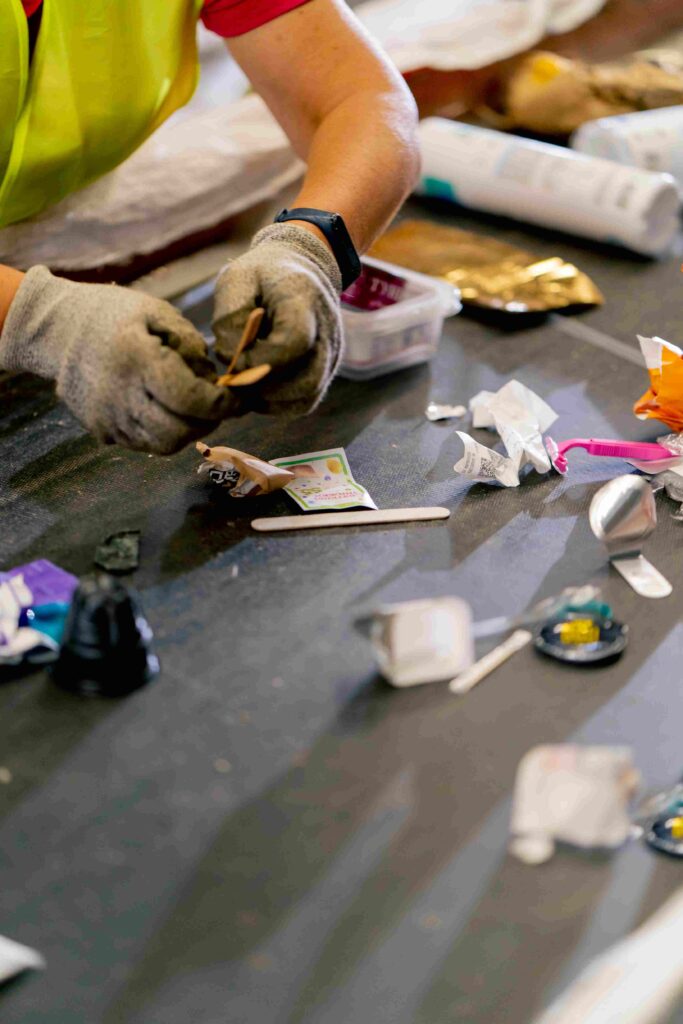Faculty of Materials and Chemical Engineering
Materials Science Competition
What you cannot see, yet defines everything! Step into the world of material structures
Registration deadline: June 15, 2025
A few extra places are still available – we accept last minute applications until June 20, 2025. These places are waiting just for you!
First round deadline: July 25, 2025
Competition date: October–November 2025
👉 Participation counts towards your university admission points!
🏆 Compete for valuable vouchers!





We first announced the Materials Science Competition in 2009 for high school students. Each year the competition offers a new and exciting challenge, with different topics and tasks, preparing high school students for their future university studies. (Participation counts towards university admission points!)
The 2025 challenge is now available, and we are welcoming applications from 1 student and 1 accompanying person (a teacher or a parent).
This year, as in previous years, the competition will be held in two rounds. Before the first round, we expect participants to submit a registration form, which can be sent by filling in the form provided below.
👉 For the latest updates, follow us on Facebook.

What awaits in 2025?
The central theme of the 2025 Materials Science Competition is material structure, which determines the properties, behavior, and applicability of materials. Whether we are dealing with metals, polymers, ceramics, or composites, the nano-, micro-, and macrostructure fundamentally influences how a material performs – how it responds to load, heat, or impact.
What is the main idea of the competition?
The very same material can exhibit completely different properties if its structure is altered. This can be achieved through various structure-modifying processes, such as heat treatment, alloying, or plastic deformation.
👉 In this competition, we are seeking answers to the question: How can the structure of a material be modified, and how does this influence its properties?
Who can apply?
High school students in grades 9–12 may apply:
individually (if over 18 years old), or
in pairs (1 student + 1 accompanying person, teacher or parent).



What is your task in the first round?
1. Experimental and Testing Plan
Design an experiment or investigation that demonstrates how material structure influences material properties.
This can be a real or model experiment, for example:
impact testing of steel samples after different heat treatments,
bending tests of polymers at different temperatures,
examination of fracture patterns in ceramics.
Your plan should include:
Material: the specific material to be tested,
Structural feature examined: e.g., grain size, phase distribution, etc.,
Test/measurement method: how you will carry out the investigation,
Expected result and its significance: what you anticipate observing and why it matters.
Create a short video in which you present:
Why this topic interests you,
What idea or concept you have developed,
How the role of material structure is connected to your idea,
Any additional creative content you would like to include.
👉 More detailed instructions can be found here.
3. Multiple-Choice Test
An online test consisting of 50 questions on the structure and properties of materials.
The study guide will be published on the competition website.
What are the deadlines in the first round?
- The first step is to complete the individual registration using the form below by June 15, 2025 at the latest.
(For the remaining places, last-minute applications are accepted until June 20, 2025!) - Competitors may work on the first-round challenges until July 25, 2025.
- The multiple-choice test of the first round will be taken online in June/July, at a pre-arranged date.
- After submitting the registration, each student will be assigned a university mentor, who will support them in solving the tasks.
What happens after I qualify for the second round?
The top 15 participants of the first round (regardless of topic area) will advance to the second round, which will take place in the autumn at the Faculty of Materials and Chemical Engineering, University of Miskolc.
Between the two rounds, the competitors will work together with a university mentor on implementing their experimental plan. The mentor will assist from the university side in planning and providing both the necessary materials and equipment.
The second round will be held over two days, where participants will face three new tasks:
a 40-question multiple-choice test completed on site,
a 10-minute presentation to present and explain their results.





If the teams advancing to the second round include participants from outside Miskolc, they will be provided with accommodation in the university dormitories for the duration of the competition. In addition, meals will be provided for all participants in the university canteen, as the second round lasts for two days.

